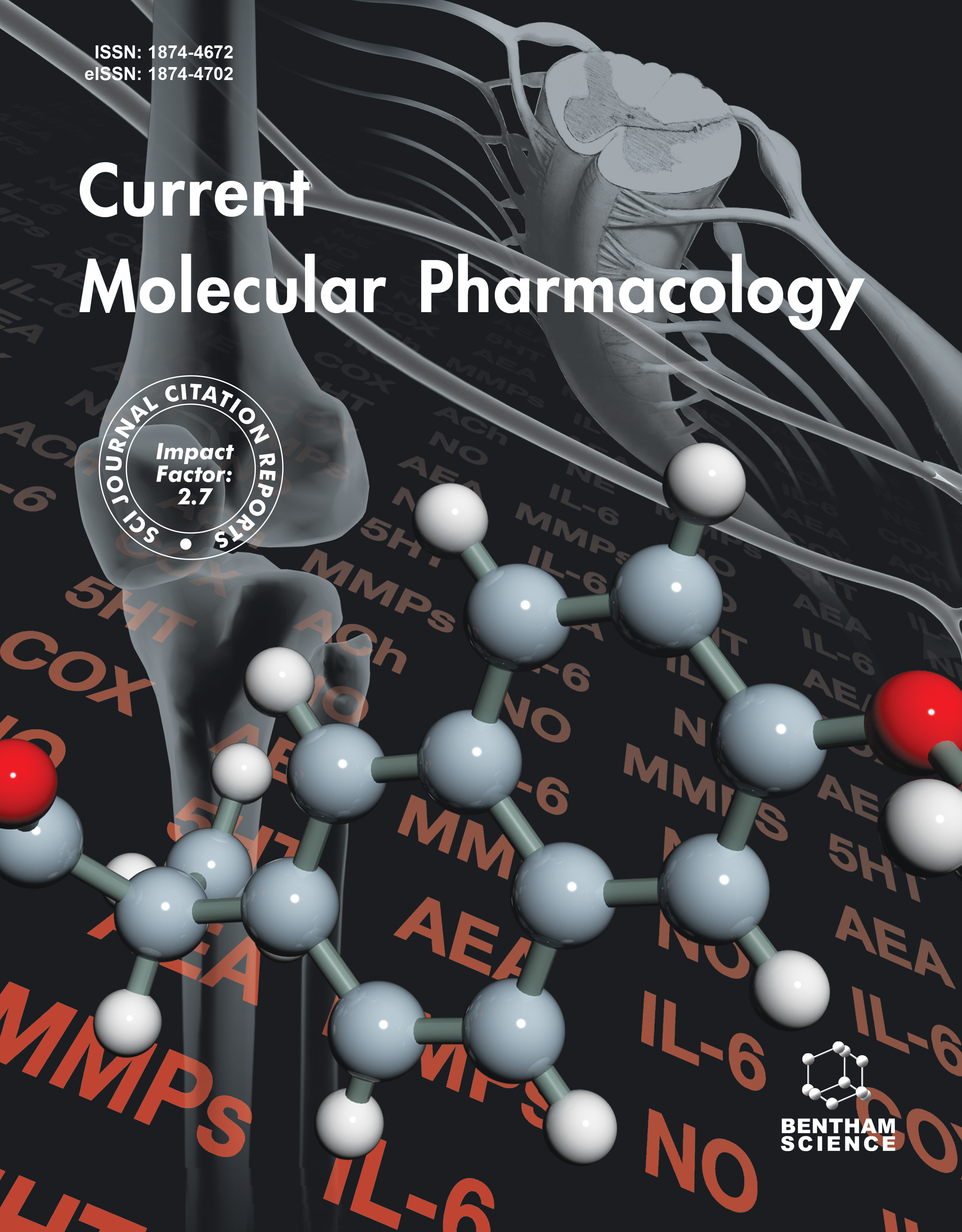-
s Biological Relevance of DNA Polymerase Beta and Translesion Synthesis Polymerases to Cancer and its Treatment
- Source: Current Molecular Pharmacology, Volume 5, Issue 1, Jan 2012, p. 54 - 67
-
- 01 Jan 2012
Abstract
The cellular genome is constantly subject to DNA damage caused by endogenous factors or exogenously by damaging agents such as ionizing radiation or various anticancer agents. The base excision repair (BER) enzyme, DNA polymerase β, and the polymerases involved in translesion synthesis (TLS) have been shown to contribute to cellular tolerance and repair of DNA lesions by anticancer treatments, particularly the platinum cytotoxic drugs. Moreover, there is robust preclinical evidence linking alterations in DNA pol β and TLS polymerase levels to cancer. DNA polymerases may therefore be potential targets to increase the sensitivity of cancer cells to chemotherapy drugs. In this article, the physical and chemical properties of DNA polymerase β and the translesion synthesis polymerases are reviewed with a view to identifying how they may act as targets for anticancer treatment. The potential clinical role of new DNA polymerase inhibitors is discussed and how they may be combined with conventional cytotoxic agents.


